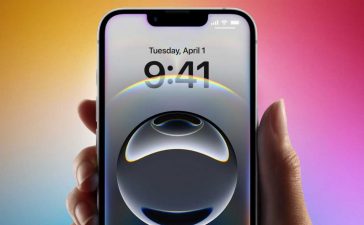Now Meta and BMW say they’ve made progress on using augmented reality and virtual reality in cars that might alleviate any issues of interacting with virtual objects while moving through the real world at high speed.
Their deal was originally announced in 2021, but the two companies say they made a breakthrough by blending inertial motion sensor (IMU) data from a BMW in real time with the tracking system in Meta’s Project Aria research glasses.
They were then able to transfer that work to the Meta Quest Pro to demo VR and mixed reality use in moving cars. According to Meta’s engineers, “Access to the car’s precise 6DOF positioning system could allow us to render world-locked virtual content outside of the vehicle, like identifying landmarks and other points of interest.”
Mark Zuckerberg says in this Instagram Reel that “people often ask me if they can use Quest while they’re in a car,” which seems optimistic. Getting people interested in using VR or AR while sitting still or walking at a slow pace is already a tall order, and a leaked road map from the company suggests a follow-up to the sensor-packed Quest Pro headset may be a ways off, even as Meta slashes prices on its existing inventory of the headset.











